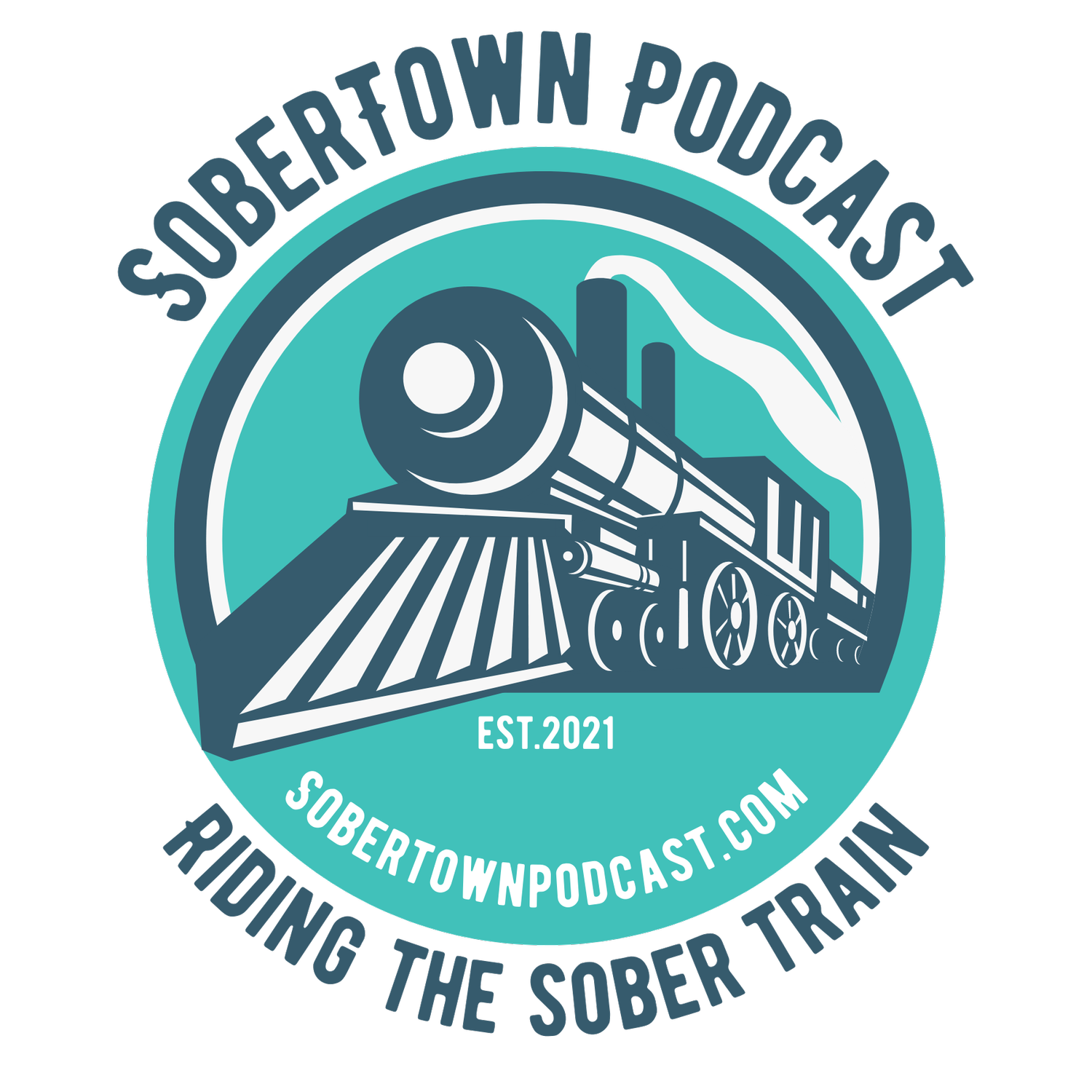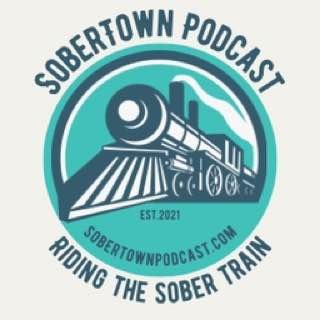Reasons for Relapse
Hello Sobertown
We have had requests for an article outlining the reasons for relapse, that is; reasons why somebody who is walking the sober path might turn back to alcohol after a short or long time away from drinking.
For this discussion we will turn to the research to direct us. Be warned, some of the statistics we see within the study utilised are disheartening but through knowledge we grow and we better arm ourselves on our journey. If you believe you are easily triggered or do not want to see the numbers, perhaps skip to the end of the article and you can read the four final dot points which outline the four most common reasons for relapse.
To begin with, the scary stuff. About 50% of detoxified alcohol users relapse within 3 months. Ouch. There is evidence that approximately 90% of alcohol dependents are likely to experience at least one relapse over the 4 year period following treatment. Double ouch. Now be aware, this research is centered on individuals who have been assessed and diagnosed as dependent on alcohol. Many of you reading this may be dependent and many of you may not be classified as dependent, just be aware this information refers to a group who were verifiably dependent on alcohol. If you are curious you can do a check on yourself, follow the link to assess your drinking habits, if you are curious how you measured up before you left alcohol then answer the questions as closely as you can to how you were drinking prior to giving up. Link to Quiz keeping in mind this may not exactly mirror assessment for clinical dependence but it will give you a good indication of the degree of dependence.
The quote from the research in question: “One prominent feature noted before relapse in abstinent patients is craving or urge for alcohol. This urge may contribute to the risk of relapse. In alcohol dependents an unconscious learning process can lead to alcohol drinking in order to re-experience the positive mental state.” This quote content is likely relatable to all of us, cravings are very real, especially early in the journey and the science does agree that cravings are a common precursor to relapse.
If you experience the below, it would be positive to employ strategies at times of heightened symptoms.
“Predictive factors for relapse in alcoholism include treatment drop out, anxiety symptoms, depressive symptoms and high craving for alcohol”.
Treatment dropout may not apply to you, however I would argue that we could relate treatment drop out to dropping the ball in terms of our daily strategies and routines and becoming complacent in our sobriety.
Researchers into alcohol dependence and relapse use the following terms:
“Lapse”: An initial setback
“Relapse”: A more severe return to previous behaviours
“Prolapse”: Behaviour consistent with getting back on track in the direction of positive behaviour change
Various risk factors for relapse exist and these can be separated into distal (background) risks and Proximal (immediate) risks.
The Background risk factors include.
Family History of alcoholism
Nature and Severity of alcoholism
Co-existing psychiatric and substance abuse diagnosis
Impaired cognitive abilities
A tendency to be reactive towards alcohol related cues
While the immediate risk factors include.
Situational threats to self efficacy (factors causing you to drop your guard)
Cravings
Social Cue reactivity
Affected state
Stressful life events
Rapid deterioration of social support
Acute psychological distress
What this tells me is firstly that we are not all created equal in this journey, we are broad in our histories here in Sobertown. Some of us come to this place to be healthier and with an arguably mild problem or relationship with alcohol while some of us come from a place of depth, of very high levels of consumption and for many years. We also differ in factors outside of our control, factors such as family history or psychiatric diagnosis and according to the research these background factors do play a role in our risk of relapse.
None of these study points change our journey, it does not matter whether you are leaving alcohol behind as a move for your health having had no severe repercussions of drinking or the complete opposite and leaving out of absolute necessity. We all ride this same train and our backgrounds and risk factors are what they are, they do not change our Sober Toolbox and use of its tools and weapons.
The study in question here utilised a group of total 274 individuals at the beginning of the research. Below is the breakdown of the reasons for relapse.
Poor Motivation: 25.8%
Cravings: 44.7%
Peer Pressure: 14.2%
Family Problems: 15.3%
These four reasons really scream simplicity don’t they. Lack of motivation, cravings, peer pressure and family/life problems. Well, I think we all could have guessed that, but hey, at least we can see it verified here in the science.
What this tells me is that we need to remain fully immersed in our sobriety, we need to employ our tools, we need to stay connected to our groups. We need to have our strategies to manage cravings. We have to be firm in our grit and our decision to be alcohol free so that we can overcome peer pressure and we need coping mechanisms and support to know that turning to alcohol during tough times and during family issue will not help us.
The study discussion progresses to some very interesting stats when the study group was spliced up.
94.7% were Men, 5.3% were women in the study in question
Another study found 48% of relapses were men and 29% women, the remainder not relapsing during the time of the study
88.4% were employed
78.9% hailed from rural areas
Majority were married, another study found 83.4% were married
41.6% had their first drink before the age of 25, another study on relapse found 28% had their first drink before age 13
Majority became dependant on alcohol above the age of 30
94.7% had no co-morbid diagnosis (no other psychological diagnosis)
56.3% relapsed between 2-6 months
38.9% relapsed between 7-12 months
2.1% relapsed between 13-18 months
1.1% relapsed between 19-24 months
1.6% had abstinence for over 2 years
Another study found anxiety disorder to exist in 12.2% of a population with alcohol dependence
“No significant association was found between the duration of abstinence and reasons for relapse.” So the causes of relapse remain present at all stages of the sobriety journey.
If we can glean anything from this research it is that the causes of relapsing, falling back into our drinking habits are common to all of us and are very much limited to 4 major and fairly predictable causes. One other point to take from this research is that after 12 months of abstinence from alcohol the rate of relapse significantly reduced from almost 40% chance of relapse at 7-12 months to just over 2% after 12 months, that is incredible.
If you skipped from the top straight to here at the bottom, these are 4 major reasons for relapse.
Poor Motivation: 25.8%
Cravings: 44.7%
Peer Pressure: 14.2%
Family Problems: 15.3%
Those damn cravings take place number one in the list! Each of these major reasons for relapse can be expanded and applied to each of our lives, think back to times when you found motivation to be difficult or you felt those cravings or a friend pressured you, these likely apply to all of us, they are common to almost all of us.
We are on the right track Sobertown, we can be in the group who succeed because we are building our toolboxes and figuring out how to manage motivation, how to manage cravings, how to overcome peer pressure and how to deal with family stress in healthier ways. These are all the major reasons for relapse, beat these as they show their ugly heads and we win, we stay the path.
We will be in the group who remain sober.
Thanks for reading Sobertown, comment below if you have anything to add.
Todd Crafter (Sobertown Resident)
AHPRA Registered Chiropractor/FA Registered Trainer
BAppSc(human movement), BHSc(chiro), MClinChiro
REFERENCES
Korlakunta A, Chary RSS, Reddy CM P. Reasons for relapse in patients with alcohol dependence. AP J Psychol Med 2012; 13(2): 108-4.
To contact the author please email soberaustralia@gmail.com
The Sobertown Blog articles and recordings are created as a means of assisting others in achieving and maintaining sobriety and freedom from alcohol. Experiences, entries, research and article content are that of the author and should be applied in a safe manner deemed best by the reader and applied safely, if relevant, with medical oversight. This is not medical advice and the author is not a medical doctor. No advice within is based on or crosses over with the authors profession or professional opinion as an AHPRA registered allied health practitioner or FA registered exercise professional.


